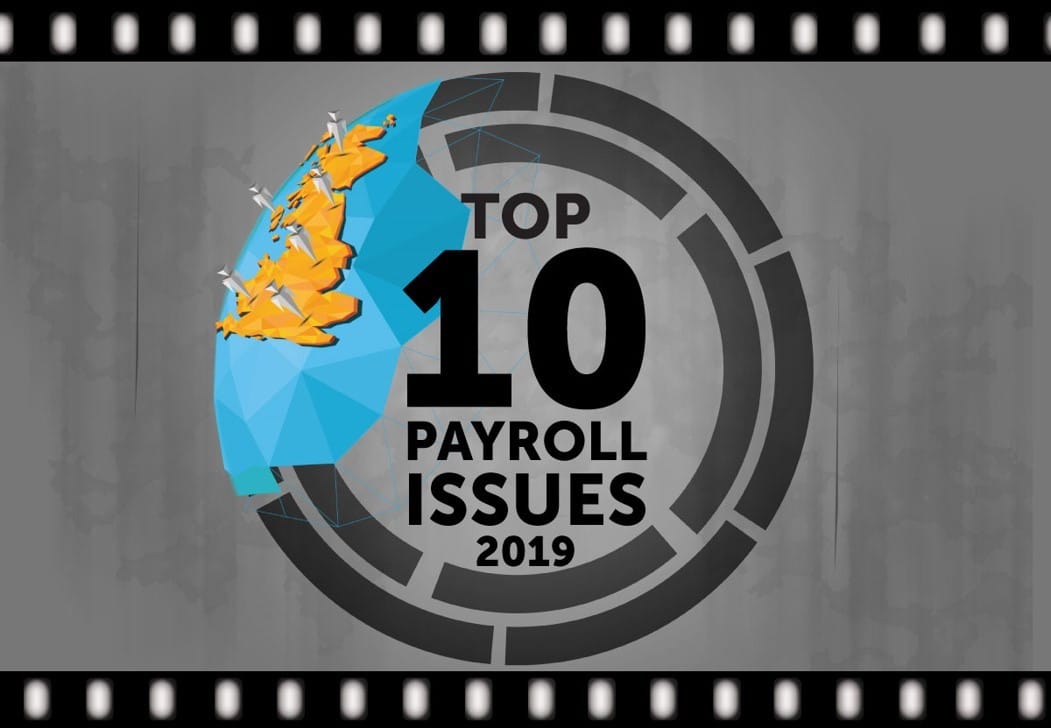22nd March 2019

Startups, get out your calendars! The new financial year is approaching and you need to be ready to meet your payroll, tax and compliance deadlines.
Around 50% of startups fail in their first four years. The primary reason for this is that there isn’t a market for their product. The second reason is running out of money.
Managing your finances as a business is essential to those first critical years. One of the ways you can keep your money flowing in the right direction is avoiding fines and penalties as a result of missing key submission dates. You should also be mindful of changes to payslip law to make sure you’re fully compliant.
Here are the key dates, your start-up needs to know for the new tax year:
Major dates for the 2019/2020 tax year
1st April 2019
Introduction of “Making Tax Digital for VAT”
Nearly 30,000 businesses have already signed up to the new service. It’s designed to give you a more integrated approach to business and tax. This is great for startups because it will reduce the time you spend on admin in the long run, so you can focus on running your business.
5th April 2019
Deadline to submit a PAYE tax rebate claim for the 2014/15 tax year.
If you overpaid income tax in 2014/15, this is your deadline to claim.
6th April 2019
Start of the 2019/2020 financial year.
Tax bands and Personal Allowance amounts announced in the Autumn Budget are implemented. This means that new tax codes are issued. All taxpayers should check their new tax code is right.
If you’re a solo operator, get your paperwork together for 2018/19 Self assessment tax return. You need evidence of all your income streams; including property, pension and earnings.
2018/19 PAYE tax rebate claim can be submitted to reclaim overpaid income tax.
31st May 2019
Self employed startups with employees must give them their 2018/19 P60 certificate.
Employed taxpayers should check that they have been issued with a 2018/19 P60 certificate.
6th July 2019
Deadline for resolution of 2018/19 payment settlement agreements.
Issue 2018/19 P11ds to your staff
Deadline for second payment on account of 2018/19 tax year, if you are self employed.
5th October 2019
SA1 form deadline, if you need to declare any property income.
CWF1 deadline to tell HMRC you are self employed.
31st October 2019
Deadline for submitting your self assessment tax return on paper. It’s also the deadline for any Capital Allowances claims for tools bought in the 2015/16 financial year, for PAYE taxpayers.
30th December 2019
Deadline to ask HMRC to pay self assessment tax through your PAYE tax code for 2017/18 tax year. Only available as an option if you have less than £3,000 tax to pay.
31st January 2020
Deadline for self assessment tax returns submitted online.
Deadline to complete payment of 2018/19 tax bill.
5th April 2020
Deadline to apply for 2015/2016 tax year PAYE tax rebate.
The 2019/2020 financial year ends and we go around again!
Missing a deadline?
Handling payroll is a time consuming task and late filing of forms or errors and omissions can all lead to expensive fines. New legislation can change what is required by a company, and it doesn’t take long for penalties to add up, wasting company resources and leading to extra administration and stress.
If you’re a solo start-up that’s missed a self-assessment deadline, don’t worry. HMRC has heard all the excuses in the book…
Our UK payroll service is cost effective for businesses of all sizes. We will both save you money on your payroll processing costs and ensure you avoid paying penalties. So, if your start-up is struggling to keep up with this year’s payroll dates and changes, get in touch.

Top 10 Payroll Issues 2019
Read our eBook on the critical issues facing payroll and HR teams in 2019


